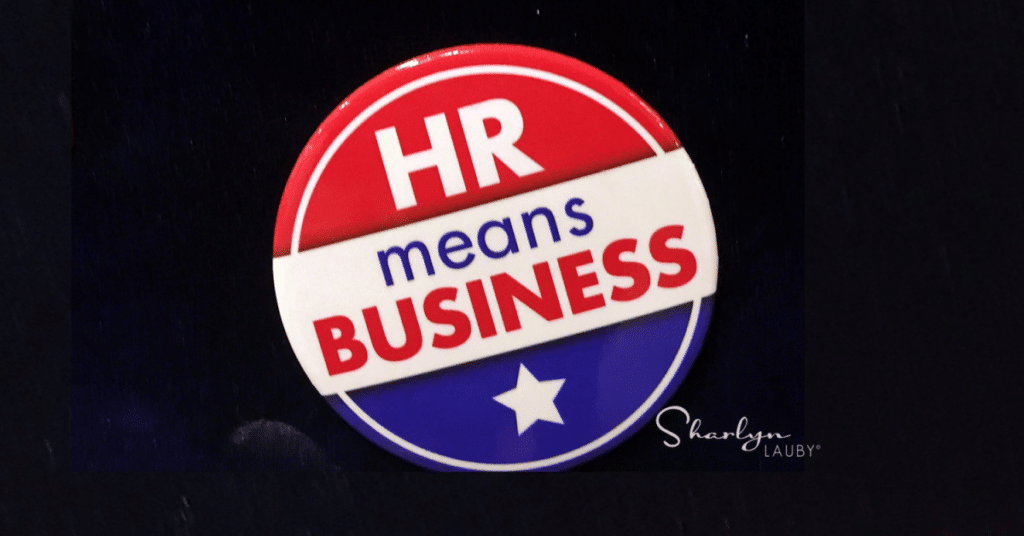5 Factors That Connect Performance and Compensation – Ask #HR Bartender

I received this comment/question a few months ago asking about the relationship between compensation and performance. It’s a common question and concern.
I’d love to hear more about the ways a company can focus on performance apart from the obvious commission-based salaries and the monthly goals to achieve. I know it seems like THE question to be answered, but it would be great to have some of your insights on that question. Keep up the good work.
First, thanks for the very kind words. I believe there is a link between performance and compensation – whether you’re in sales or not. Employees expect to be paid well when they perform well. And even in industries where the perks are super cool, employees expect a certain base salary and benefits.
It can be a challenge to separate the two. Especially if the organization has engrained in their culture that high performers make the most money. Unfortunately, in this scenario, there are things we don’t know. For example, what type of total rewards package do employees currently receive? How are employee goals established and measured? We also don’t know what industry we’re talking about. Those factors matter.
While I can’t offer up any specific solutions, we can look at the factors that connect compensation and performance, with the idea that changes in these areas can prompt a greater shift toward performance.
For example, when I worked in hotels, sales managers had goals they needed to meet. But remember – hotel rooms are a finite quantity. Sales managers were compensated for their individual results as well as team results. That’s because sometimes a sales manager didn’t book a piece of business because another sales manager was presenting business over the same dates that would net the hotel more revenue.
And when I worked in the airline industry, we didn’t have sales people as much as we had marketing people. The reservations department didn’t ask, “What sales manager helped you with this booking?” So, sales/marketing employees didn’t have sales goals in the traditional sense. Different industries, different ways of establishing compensation.
But there’s one other factor we need to consider: the company’s performance management process.
I read an article recently in TD Magazine called “No Quick Fixes”. In the article, author Ben Eubanks discusses the future of performance management. One aspect he covers is how to handle employee compensation without performance appraisal ratings. It’s a good read and I hope you will check it out. It made me realize that as we’re thinking about performance and compensation, our performance management processes impact employee salaries and bonus structures.
So, organizations looking to address the shift from compensation toward performance have to look at their current practices.
- What is the product or service that the company provides?
- How are sales tracked and measured?
- What is the current employee compensation package?
- How are employee goals set? Who is involved in the process?
- When and how do employees learn about their performance? And their compensation?
If organizations want to focus more on performance and less on pay-for-performance, that’s fine. It makes total sense. But I’m not sure that we can tell employees to focus on performance (not money) then dangle the carrot. It’s a mixed message that might be confusing.
Image captured by Sharlyn Lauby after speaking at the SHRM Annual Conference in Washington, DC
14